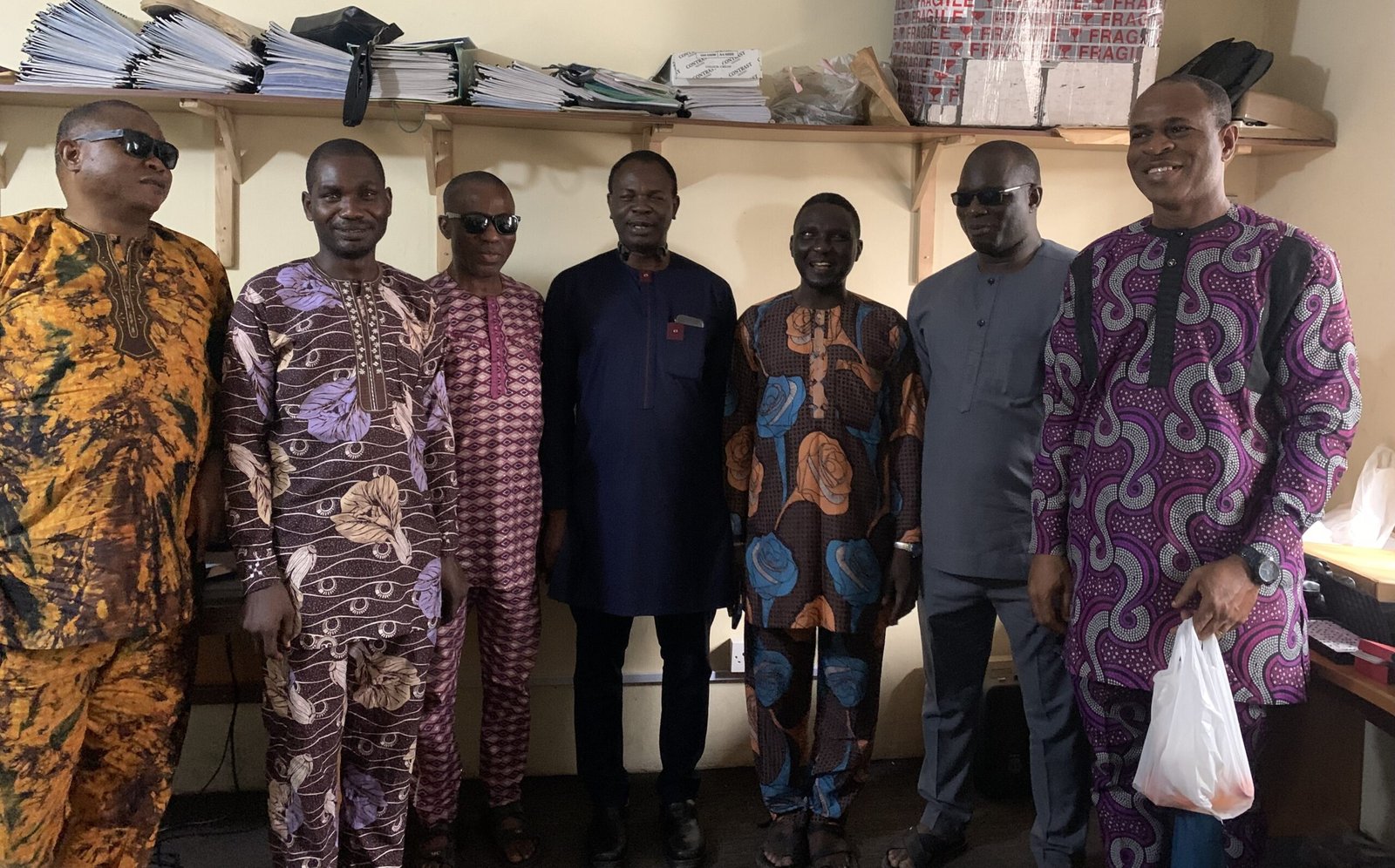[ad_1]
The Lagos state chapter of the Nigeria Association of the Blind has launched a mini braille press to facilitate increased production of braille textbooks for its members.
The association said the initiative is part of efforts to promote social inclusion and equity.
The response came shortly after TheCable’s report highlighted how a widespread lack of braille textbooks poses a disadvantage to blind students academically.
Lukman Salami, a legal practitioner and the current chairman of the Lagos chapter of the association, said this is a very important milestone in the community as only two prominent braille press is functional in Lagos — both of which are privately-owned. According to him, the government braille press is largely dysfunctional.
“Prior to this time, the major outlets that are producing braille textbooks for blind students in Lagos are ANWAB (Anglo-Nigerian Welfare Association for the Blind) and Nigerwives, and they are serving the entire nation not just Lagos state. Since they have more than enough in their hands, there are gaps being created as a result,” he told TheCable.
“Having a braille press to cater to the needs of our members in primary and secondary school solves the problem of having to depend on classmates to read to them. With this, a student who needs a textbook can place an order and we produce for them. We can also produce and give to schools where the visually impaired are enrolled.”
Inclusive indoor games
Salami, who spoke during the launch, also unveiled other functional facilities contained in the press such as the computer centre to help its members access technology; availability of guide canes, inclusive indoor games and blood pressure monitoring machines.
“We identify that most of the basic health challenge that is prevalent is high blood pressure and it is a silent killer. Most of our members don’t have access to the hospitals where they can check their BP or when they go they may not even be attended to. This blood pressure machine is easy to use because it is inclusive, with a voice command and it can be used independently of anyone,” he said.
According to him, the funds to set up the centre were made available from a member of the association.
“On numerous occasions, we had decried the need for this. But our major constraint has always been funding. However, one of our members from the diaspora asked us what we needed. He and his friends donated some money and we applied the funds to purchase six inclusive blood pressure monitoring machines, guide canes, and some inclusive indoor games and office furniture,” Salami said.
Michael Fadeyi, a doctoral student of the School of Global Studies, University of Sussex, UK, who raised the funds from his friends said.
“Even though I am in the diaspora, I am always asking my friends here in Nigeria what they need because I am part of them. God has been kind to me and so, I have to return the kindness. I was able to raise funds from my friends in the UK and some brethren at the International Church of the UK. This is just a token because we need more,” Fadeyi said.
“We still need a scanner, braille papers, uninterrupted power supply, and training opportunities to empower our women.”
With state chapters in 36 states and Abuja, NAB advocates for equal rights and inclusion of persons with visual impairment across Nigeria. The association calls for the implementation of the disability act especially the application of funds to address the needs of people with disability. It also calls on altruistic Nigerians to fund the cause for the social inclusion of visually impaired persons.
[ad_2]
Source link



